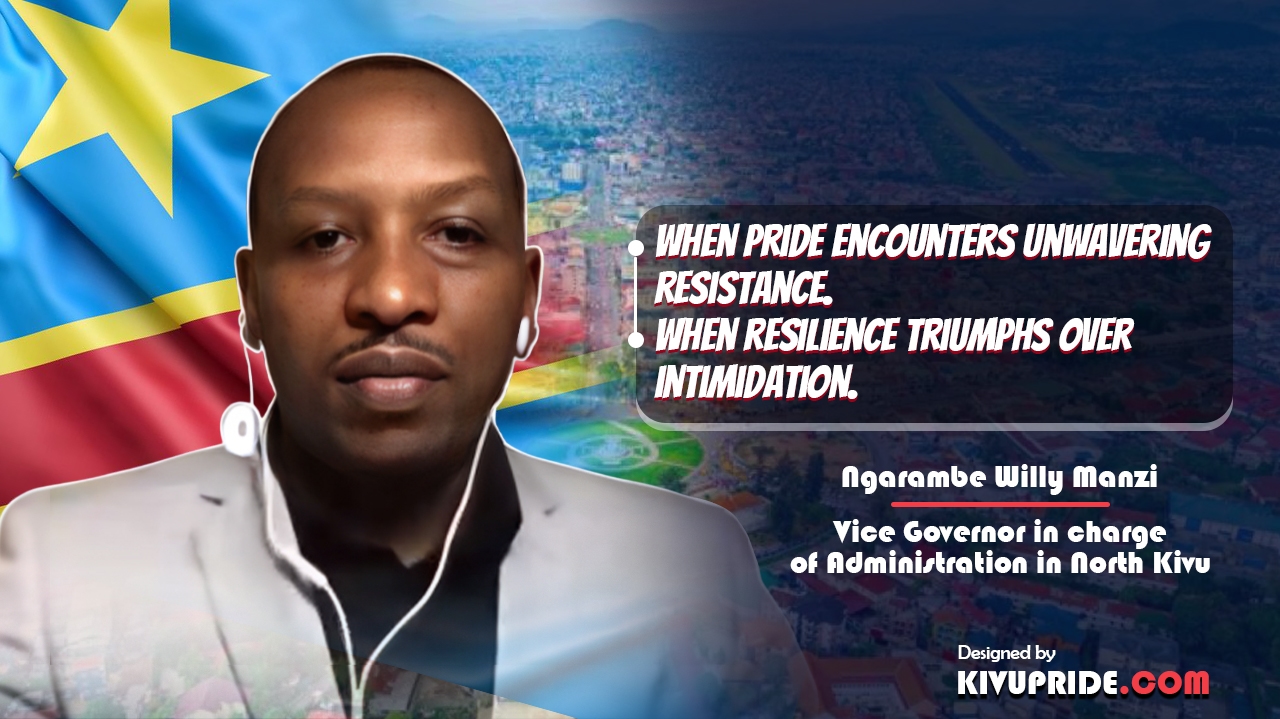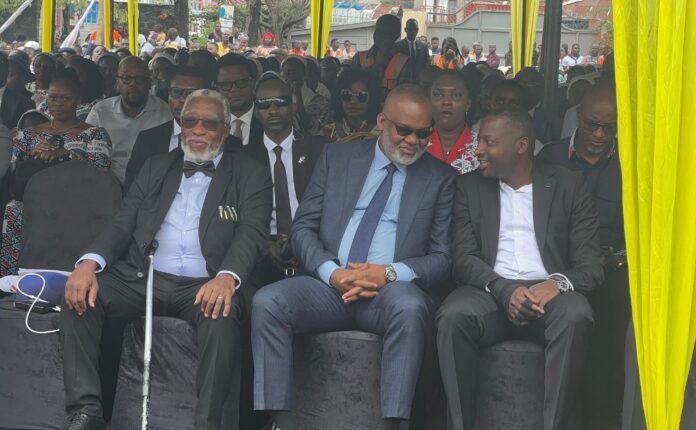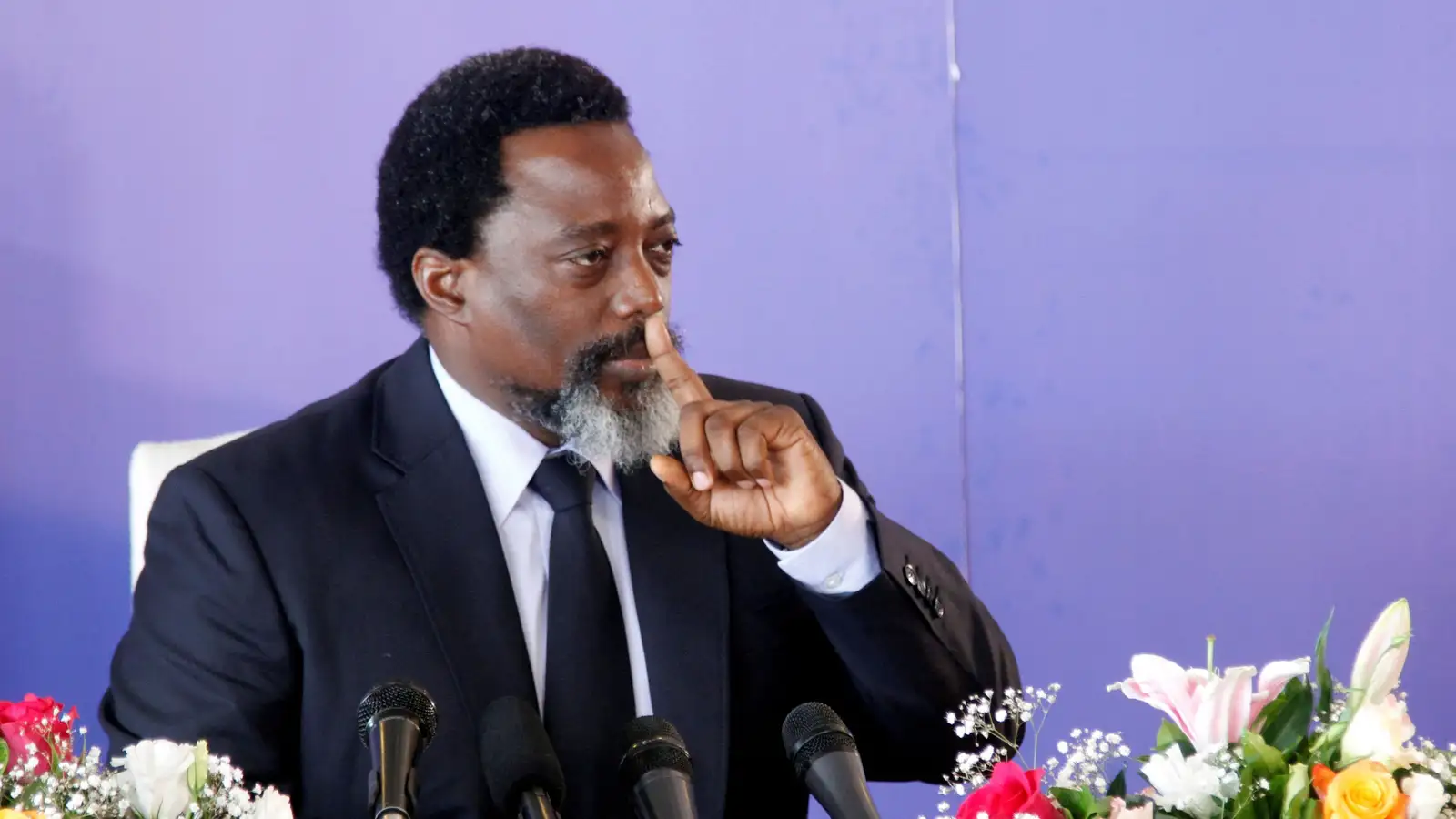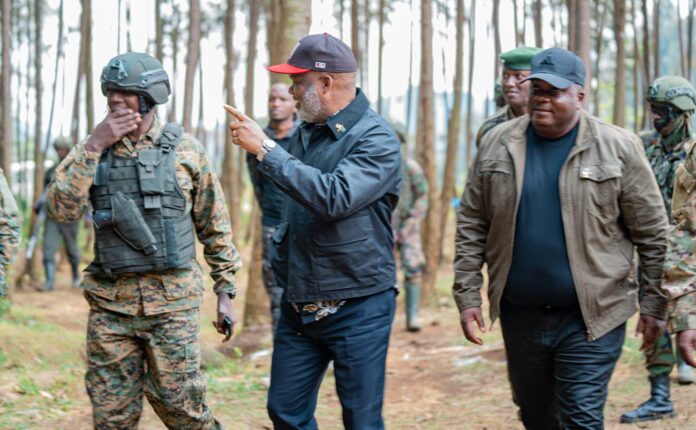The political and military tensions in the eastern Democratic Republic of Congo (DRC) have reached another critical point following Angola’s announcement of upcoming direct negotiations between the Congolese government and the M23 movement.
Note: Company, Blog, Church websites are free.
The announcement was made on the night of March 11, 2025, after a working visit by President Félix Tshisekedi to Luanda. In a statement, the Angolan presidency confirmed that it would initiate contact with the M23 to facilitate direct negotiations between the rebel group and Kinshasa.
“After the brief working visit of His Excellency Félix Tshisekedi to Luanda, the Angolan side, as a mediator in the conflict affecting the east of the Democratic Republic of Congo, will establish contacts with the M23 so that delegations from the DRC and M23 conduct direct negotiations in Luanda in the coming days, with the aim of negotiating a definitive peace,” the statement read.
While diplomatic efforts continue to seek a resolution to the conflict, Vice-Governor of North Kivu, Manzi Willy, issued a powerful response via his Twitter account Manzi Willy: When Pride Meets Resistance – The Unbreakable Resilience of Congolese People Fighting for Their Rights, emphasizing the determination of the Congolese people in their fight for justice and dignity.
“When pride encounters unwavering resistance. When resilience triumphs over intimidation.” These words from Manzi Willy encapsulate the prevailing sentiment among the people of North Kivu and the broader eastern DRC. His statement underscores the commitment of the Congolese people to standing firm against oppression, external influence, and political maneuvering that seek to undermine their rights.
For months, Kinshasa has resisted direct dialogue with M23, viewing the movement as a destabilizing force backed by foreign interests. However, with continued territorial losses and growing international pressure, the Congolese government has been compelled to reconsider its stance. The Angolan-mediated negotiations set to take place in Luanda are being framed as a possible breakthrough, yet skepticism remains high among North Kivu’s leadership and local population.
Manzi Willy’s words reflect the defiant spirit of a people who refuse to be silenced by intimidation. The Congolese, particularly those in North Kivu, have endured displacement, violence, and economic devastation due to the ongoing conflict. Despite these hardships, they continue to resist oppression and advocate for their right to peace, security, and self-determination.
The Vice-Governor’s statement also serves as a reminder to all stakeholders in the conflict: no amount of coercion will break the resolve of the Congolese people. North Kivu’s leadership has vowed to protect its territorial integrity and ensure that any peace agreement aligns with the aspirations of its citizens.
With reports of over 7,000 casualties and thousands more displaced since the beginning of the year, the humanitarian cost of this conflict cannot be ignored. Manzi Willy’s assertion about resistance and resilience speaks to the unwavering strength of a people determined to defend their rights and existence.
As the conflict continues, it is crucial to remind the world that President Félix Tshisekedi’s government has systematically targeted Kinyarwanda-speaking Congolese. Under his leadership, persecution, discrimination, and violent attacks against this community have escalated, deepening the humanitarian crisis in the region. Despite these injustices, the affected communities remain steadfast in their struggle for recognition and justice.
While the upcoming talks in Luanda may offer a path toward peace, they also present challenges. Will these negotiations genuinely address the root causes of the conflict, or will they serve as yet another temporary political arrangement? The people of North Kivu have witnessed numerous peace agreements that failed to bring lasting stability. Their resistance, as emphasized by Manzi Willy, is not just against military aggression but also against deceptive political maneuvers that disregard their fundamental rights.
As North Kivu continues to navigate these turbulent times, the people’s resilience remains unwavering. Pride may guide some leaders, but it is resilience, unity, and an unyielding demand for justice that will ultimately shape the future of the region. Manzi Willy’s words serve as both a warning and a rallying cry: intimidation will not prevail, and the spirit of the Congolese people remains unbroken.



